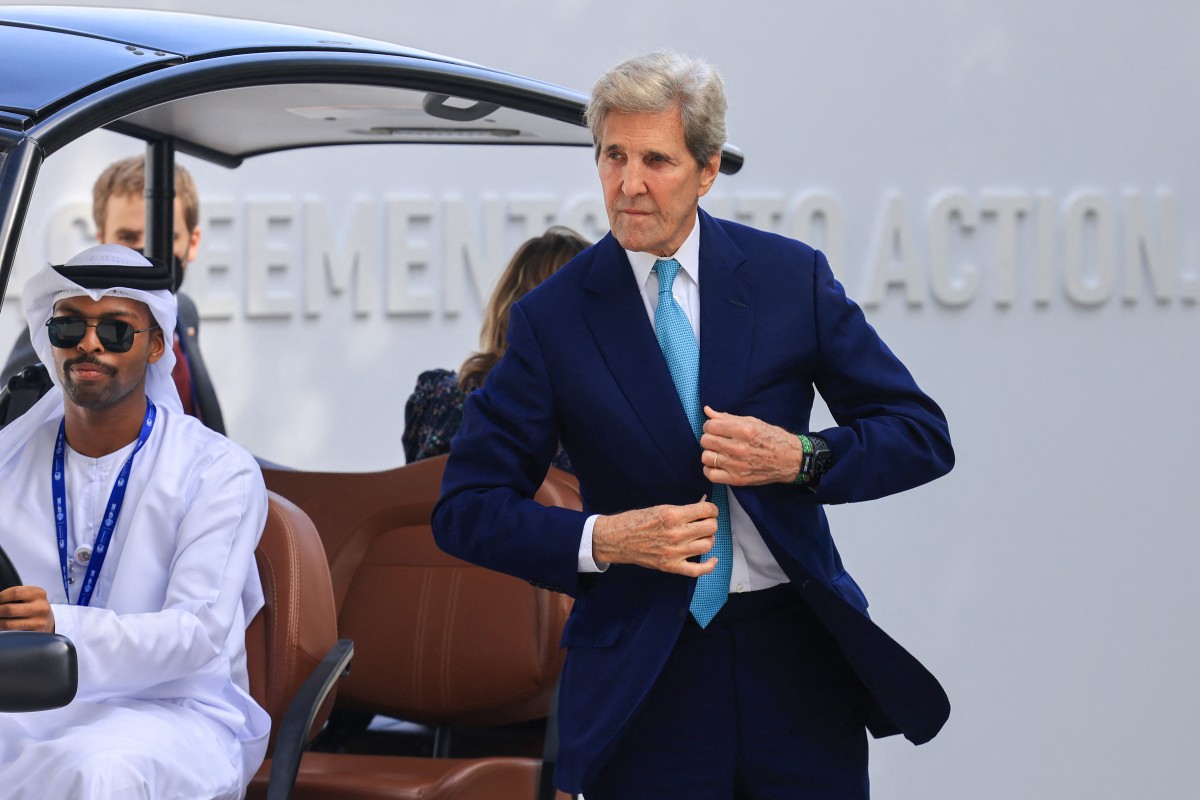Dubai, UAE – The world is turning its attention to Dubai where COP28 gathers some of the world’s top leaders from November 30 to December 12, to unite over a vision for the global fight against climate change.
Climate change is an indiscriminate killer that has not spared a country or village when it comes to global heating or the increasing occurrence of devastating fires and storms. Global experts appear to agree that 2023 is likely the hottest year on record, thanks to excessive and unforgiving greenhouse gases in the atmosphere.
Failure to arrest worsening climate and environmental deterioration could be catastrophic. “Antarctica has been called the sleeping giant, but it is now being awoken by climate chaos,” UN Secretary-General António Guterres cautioned in a UAE visit ahead of COP28. In the recent past, he said “Humanity has opened the gates of hell.”
Between 60,000 and 70,000 people, delegates and climate activists will be in attendance, not to mention the camera lenses and microphones of global media representatives.
UN COPs or Conference of the Parties to the UN Framework Convention on Climate Change began this fight as far back as March 1994 and previously agreed upon actions have a consensus from 198 countries.
Key goals of COP28
Halting, if not reversing, the global average temperature rise to below 2°C is the first priority at COP28. The other is to limit the rise to 1.5°C above pre-industrial levels. More than 100 years of fossil fuels burning and less than sustainable energy practices have placed global warming at 1.1°C above pre-industrial levels today.
According to Sultan Al Jaber, UAE Minister of Industry and Advanced Technology and president-designate of COP28, major summit participants, including Saudi, will adopt outcomes that would keep those 1.5°C ambitions alive.
“Getting back on track, and ensuring that the world accepts a robust understanding of a roadmap to 2030 that will keep [a temperature rise above pre-industrial levels of] 1.5C (2.7F) within reach is my only goal,” he told the Guardian.
He added that the world could agree to a “robust roadmap” of cuts in greenhouse gas emissions by 2030 that would satisfy scientific recommendations.
It is a tough task. To make that happen, a 45 percent reduction in greenhouse gas emissions needs to take place from 2010 levels.
Another key conflict zone for global leaders has been agreeing on a universal blueprint for providing the most vulnerable countries impacted by climate change with financial assistance worth billions.
In fact, the 2022 COP27 held in Egypt made financial commitments in support of developing countries, agreeing on $100 billion in climate finance annually. It also stipulated operationalizing the loss and damage fund, but that simply hasn’t happened yet. The Russia-Ukraine war certainly didn’t help on that front.
Early reports indicate that key COP28 parties have negotiated a path towards operationalizing that ahead of the summit. Al Jaber said: “We will leave the parties to decide when we start seeing pledges,” he said.
Finally, a few countries are requesting a “phase-out” of fossil fuels, rather than an abrupt abdication of what’s fueling today’s engines of economic growth. The call for gradual reduction of coal, oil and gas and the use of technology to capture and store carbon, is finding more consensus.
These will be the goals. As far as how to deliver them will be the setting for new battlegrounds set in Dubai over the course of COP28.








